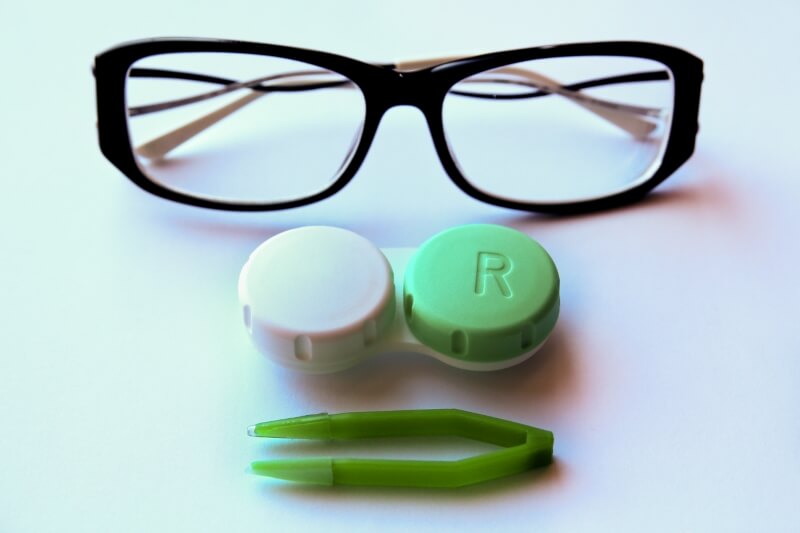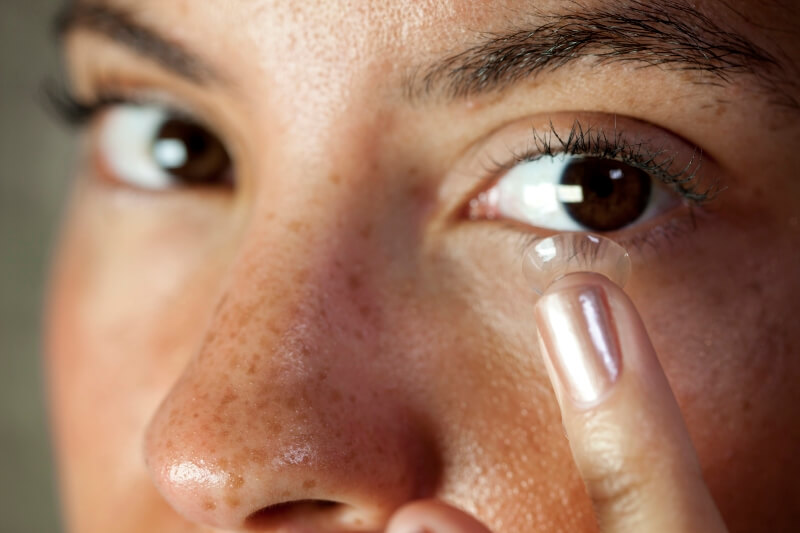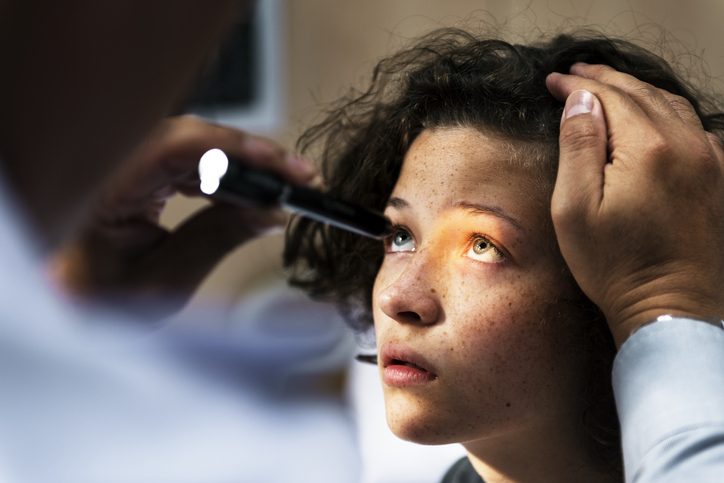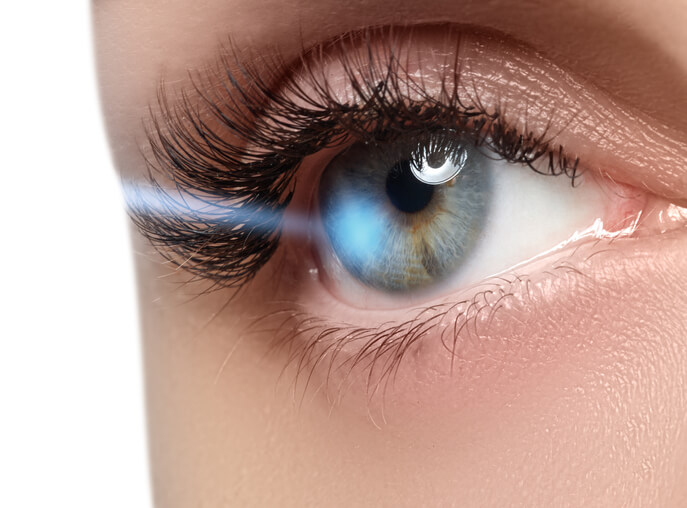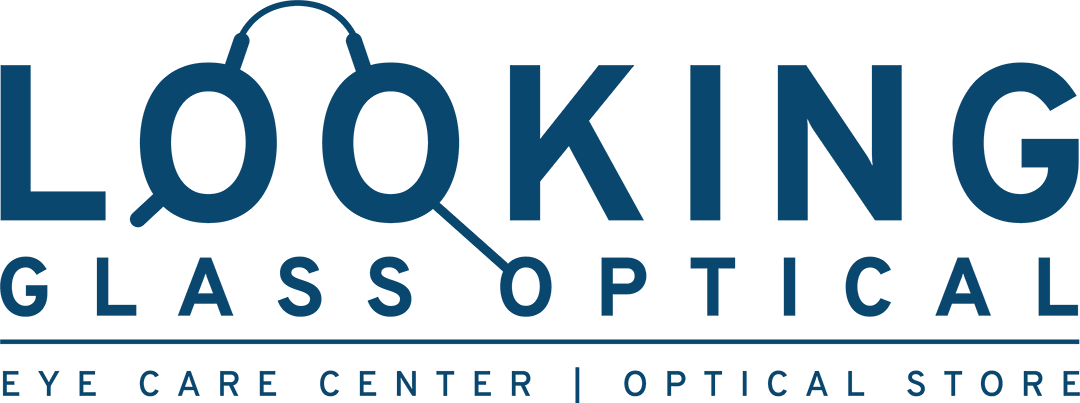Hey there, screen enthusiast! In a world where digital devices are our constant companions, it’s easy to overlook the digital eye strain they might be taking on our precious peepers. Fear not, though, because Looking Glass and Dr. Teles are here to shed some light on how to keep those eyes of yours happy and healthy in the digital age. Imagine this: you’re binge-watching your favorite show, sending emails like a keyboard ninja, and scrolling through your social feeds all day. But have you ever wondered what all that screen time is doing to your eyes? Read on to learn how screens can lead to digital eye strain.
Read more →Dr. Teles at Looking Glass Optical often gets this question – Why is it good to have glasses in addition to contacts? Both glasses and contacts can support your eye health throughout your lifestyle and vision needs. Read on for more reasons why you should think about having both glasses and contacts.
Read more →Alcohol consumption can affect the human body, including the eyes. The short-term and long-term effects of alcohol on the eyes depend on the amount and frequency of alcohol consumption. In this blog, we will discuss the impact of alcohol on the eye.
Read more →We have all heard of the links of smoking to cancer, heart diseases, strokes, and lung diseases. But are you aware of the links to smoking and how it can damage your eyesight? No matter the form you use – cigars, pipes, and vaping it is all linked to damaging your eyesight.
Read more →We often hear jokes about nighttime driving and people’s inability to see well at night, and although the jokes are funny, we do need to take this seriously. Nighttime driving, for those of us with less than stellar eyesight, can be stressful and dangerous to ourselves and others. Read on to learn when and how nighttime driving ability can get worse and how to solve this.
Read more →What is an Astigmatism and how can it be treated with contact lenses, and what options are available for contact lenses for Astigmatism? Astigmatism is relatively common and treatable, caused by an imperfection in the eye’s curvature. Of course, contact lens options to correct astigmatism exists. Read on to learn more about corrective contact lens options.
Read more →Autoimmune diseases cause the body’s cells to attack each other, impacting every aspect of your health. Few autoimmune disorders specifically target the eyes. However, an autoimmune disease can affect your vision due to its systemic nature. While autoimmune diseases have no current cure, properly managing symptoms can lessen their progression and impact your health.
Read more →Most people have heard that the sun can damage your eyes and that wearing sunglasses can help protect you from this damage. What many people don’t realize, however, is the importance of sunglasses throughout the entire year, not just in the summer. Learn more about why wearing sunglasses in winter is essential.
Read more →Whether you’re putting in hours at work or studying for school, many people spend a lot of time staring at screens. Computer screens, cell phones, and tablets have become a part of everyday life.
Many people spend hours each day with their eyes glued to a digital screen. But how can you protect your vision? With so many digital eye strain myths, it can be hard to know the truth.
The unfortunate reality is that all of this screen time can damage your eyesight and cause uncomfortable symptoms. Know the truth about digital eye strain and some common misconceptions by reading the guide below.
Read more →Refractive errors are vision problems that impact how well you can see. These disorders affect the way your eyes bend light. Refractive errors are problems that happen when the shape of your eyes prevents light from focusing the way it should on your retina. The most common types of vision problems are refractive errors. Read on to learn more about different types of refractive errors and how you can help your eyes.
Read more →

